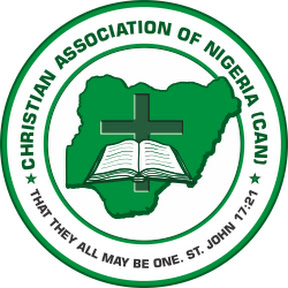News
‘I am a strong believer in fourth tier of government’ – Okorocha

As Nigerians are beginning to play the drums for the next change of baton for who will occupy the nation’s seat of power in the Aso Villa, many of the speculated big wigs, the political actors and juggernauts of tje country’s democracy are already scripting their parts for the successor of PMB.
With the multifaceted and overwhelming challenges the nation has found itself, where both the leader and the led are enclosed in this paradigm of what next and which way forward for the nation in 2023,
will Nigeria ever be free from the current boisterous storms of challenges tearing us every day we walk the street of our nation?

Will the raging insecurities find a place in the dark end and never surface again?
Most times we wondered how we got to this devastating point as a nation and with the threatening situation of our nations’ unity at the center, could it be that the vehicle of our then nascent democracy took another turn in the wrong direction or could it be that there was never a direction in the first instance?
Nigeria the most populous black nation in the world, known as the principal player for the hope and future of Africa and the black race with verse potentials both in human and natural resources for being not just the giant of Africa, but the future face for the black race globally.
Owelle Rochas Okorocha, the lawmaker representing Imo West APC, Senatorial zone is not left out in the spotlight for a new Nigeria as we expect in 2023.
With his numerous postulations and ideologies for good governance, Owelle Anayo Rochas in his usual style of research and propounding of solutions to national issues has continually sounded the need for a government that will be more closer to the people it governed.
The Fourth Tier of government is one of his strongest beliefs for better governance where the government is taken to the people beyond the grass root level.
We have the three tiers of governance, which are the federal, state and local government council, in which Owelle believes that one level is left out which is the “culturization” of our system of leadership where people are governed within the line of their belief and religion and culture, this is what he calls community government, the fourth tier of government.
A system of government where people are allowed to govern themselves, where the best of every ethnicities can be tapped for the betterment of the people and the nation, where there is no centralization of power at the center where not needed, but the practice of devolution of powers and true federalism, where the federating units are being maximized and not marginalized.
























